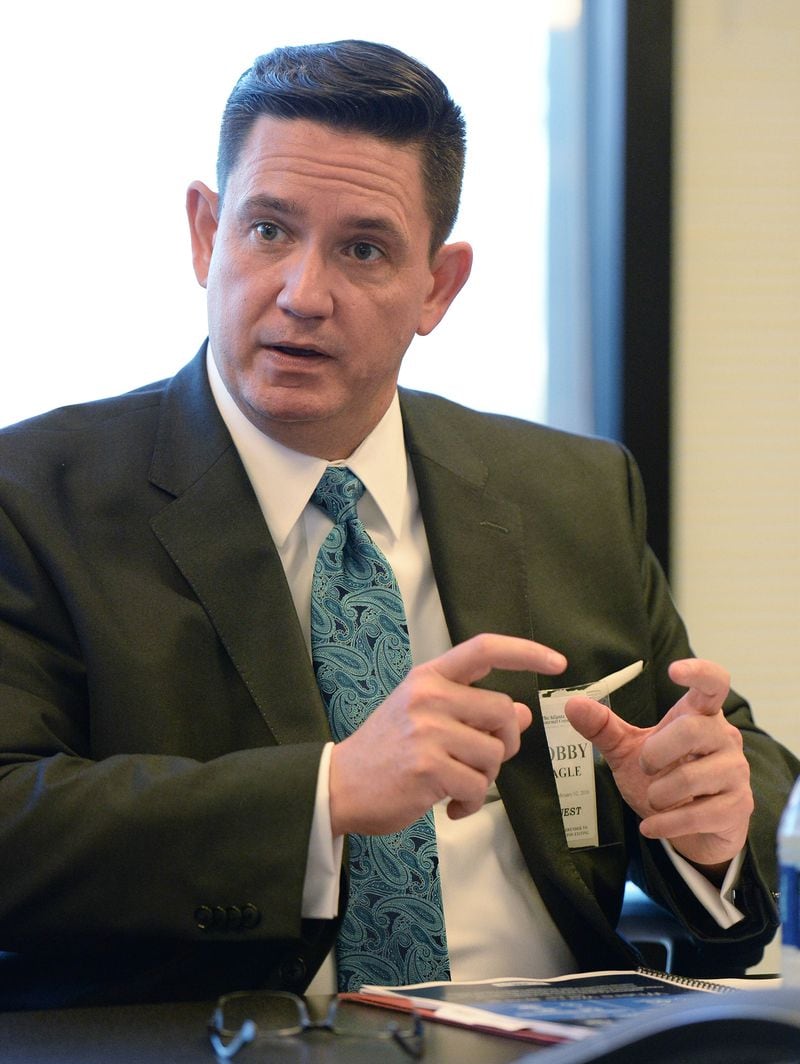Credit: Alan Judd
Credit: Alan Judd
Georgia's child protection agency has begun assembling a particularly unappealing rogue's gallery: a registry of confirmed child abusers.
But, unlike other similar compilations, such as the state's sex-offender registry, this list will not be open for public inspection.
The registry, officially known as the Child Protection Services Information Center, culls data on anyone found to have abused or neglected a child in Georgia. Those determinations follow investigations by the state Division of Family and Children Services, or DFCS.
The General Assembly authorized the registry in 2015. It went into operation July 1, and will reflect only cases substantiated after that date.
Officials describe the registry as another tool to protect children from maltreatment. State law, however, makes the tool available only under limited circumstances.
The registry is open to child protection investigators, to government agencies that oversee child care, and to the program that assigns volunteers to advocate for children in foster care and other court proceedings. Licensed organizations that care for children, such as group homes or day care centers, also may determine whether potential employees are listed.
Otherwise, the only public access is for people who want to know whether they are included in the registry.
This opaqueness reflects the confidentiality of most aspects of Georgia's child protection system. State law prevents the disclosure of most information regarding child abuse cases, said Susan Boatwright, a DFCS spokeswoman. That includes the names of the perpetrators.
In essence, the state's efforts to protect the privacy of victims also provides cover to their abusers.
By contrast, the state's sex-offender registry is readily available online for anyone's use. Georgians may search for offenders by name, by county, by street. Other states allow similar access.
But, like Georgia, most states keep the contents of their child-abuse registries confidential, despite some overlap with their sex-offender lists.
At least 41 states and the District of Columbia have enacted abuse registries, according to the U.S. Department of Health and Human Services. At least two – California and Nevada – allow any employer to use their registries as part of background checks of potential employees. Minnesota's law specifically prohibits using the registry for employment background checks.
In Georgia, the law requires the state to notify anyone who is added to the registry. It also sets up an appeals process for people who think they should not be listed.
In a statement, DFCS said the registry will reflect cases in which “a preponderance of the evidence demonstrates that a caregiver committed child abuse.”
“We need to make sure we are doing everything we can to keep children safe, especially while in the care of others,” Bobby Cagle, the DFCS director, said in the statement. “The creation of the registry will make sure child caring agencies have access to the information they need to make the best hiring and licensing decisions.”







